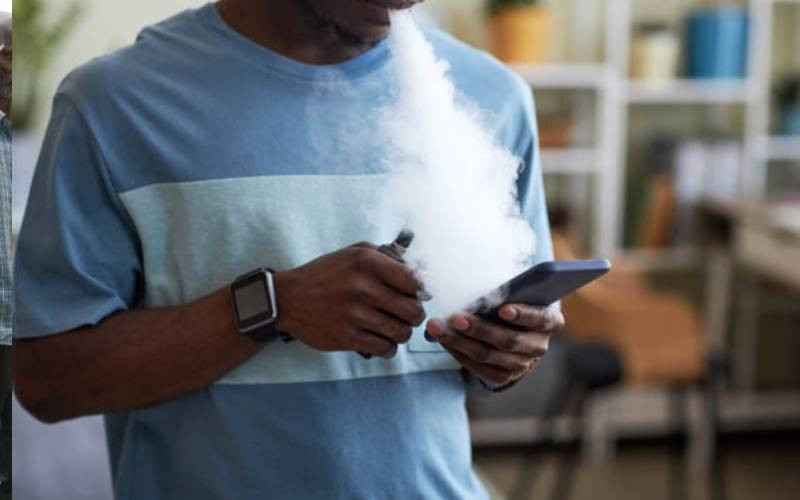×
The Standard e-Paper
Stay Informed, Even Offline

Consumption of e-cigarettes among adolescents and school-going children is worrying, lobbyists say.
Anti-tobacco lobby group, Kenya Tobacco Alliance Control (KETCA) has said that tobacco manufacturing companies are now using packaging that attracts the age group.